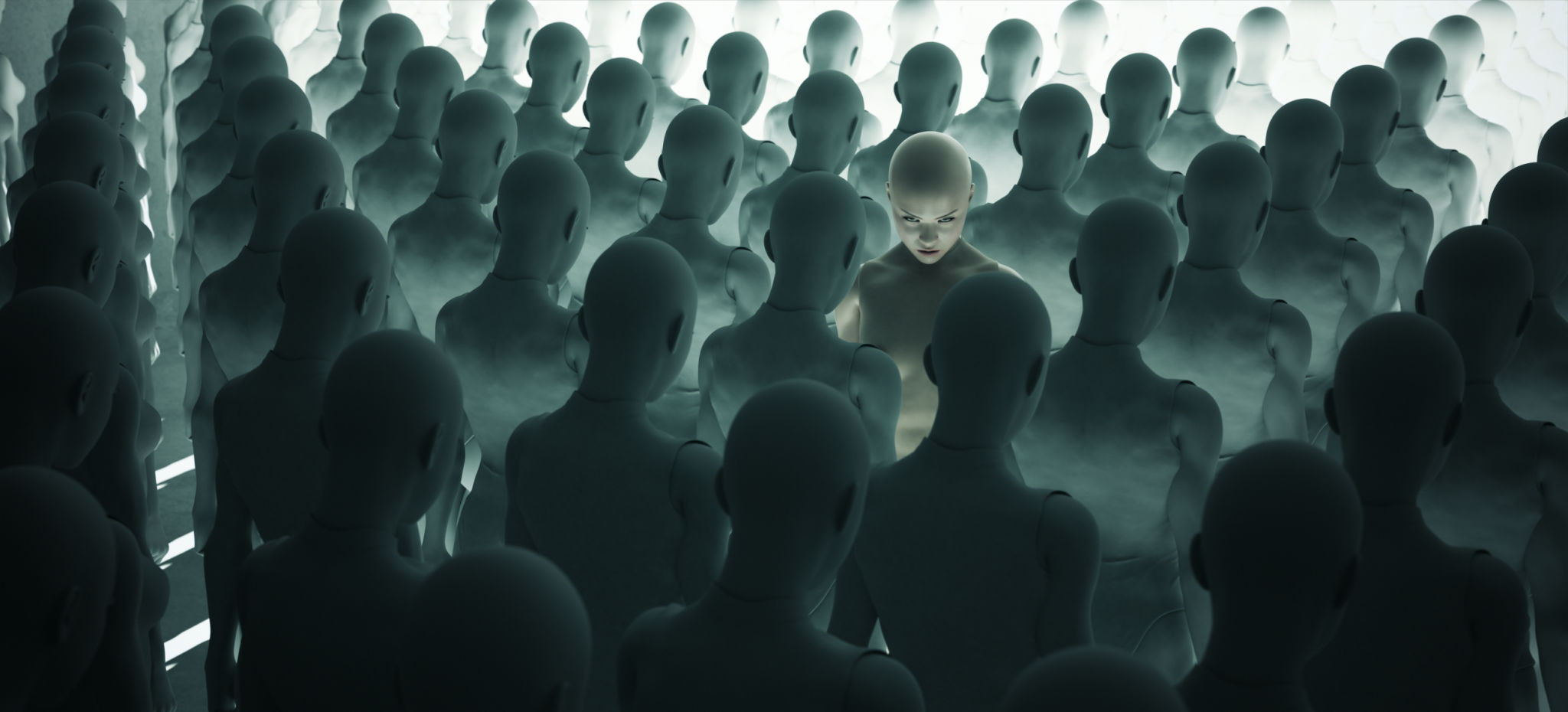Deep State Theories: How They Influence Modern Sci-Fi and Dystopian Narratives
Introduction to Deep State Theories
The term "deep state" typically refers to a clandestine network within a government or military that operates independently of elected officials. While often associated with conspiracy theories, these ideas have transcended into the realm of fiction, notably influencing modern sci-fi and dystopian narratives. These stories captivate audiences by exploring themes of secrecy, control, and rebellion.

The Appeal of Deep State in Fiction
The allure of deep state theories in storytelling lies in their ability to weave complex narratives that question authority and explore hidden power dynamics. In an era where political intrigue is prevalent in real life, fictional tales about secret organizations resonate with audiences seeking to understand and perhaps even fictionalize their anxieties about governance and transparency.
Creating Tension and Suspense
Deep state plots naturally lend themselves to tension and suspense, essential elements in sci-fi and dystopian genres. By featuring protagonists who uncover hidden truths or battle against shadowy figures, these stories engage readers with high-stakes scenarios. This structure not only entertains but also prompts audiences to reflect on issues of trust and power in their own societies.
Influence on Sci-Fi Narratives
In the realm of science fiction, deep state theories often manifest as advanced technologies or alien conspiracies controlled by secret factions. These narratives push the boundaries of imagination while critiquing real-world power structures. Works such as "The X-Files" and "The Matrix" exemplify how deep state elements can be woven into sci-fi plots to create compelling and thought-provoking content.

Technological Control
Sci-fi stories frequently explore themes of surveillance and technological control, reflecting concerns about privacy and autonomy in the digital age. By incorporating deep state elements, these narratives question who holds true power over technology and what hidden agendas might be at play. This reflection is particularly relevant as technologies like AI and big data continue to evolve rapidly.
Dystopian Narratives and Deep State Themes
Dystopian fiction often features oppressive regimes and the struggle of individuals against faceless bureaucracies. Deep state theories enhance these stories by adding layers of complexity, suggesting that even within totalitarian systems, there are unseen forces influencing events. This perspective adds depth to the classic theme of the individual's fight against a corrupt system.
Rebellion and Revolution
Many dystopian tales center around rebellion and revolution against oppressive powers. Deep state elements can complicate these narratives by introducing protagonists who must navigate not just a visible enemy but also hidden adversaries. This dual conflict heightens the drama and challenges characters to confront not only external forces but also internal doubts about whom they can trust.

Conclusion: The Lasting Impact
The integration of deep state theories into modern sci-fi and dystopian narratives offers a rich tapestry for storytelling. These themes provide a mirror for contemporary societal concerns while offering a vehicle for exploring complex issues within engaging plots. As long as audiences remain intrigued by the mysteries of power and control, deep state elements will continue to play a significant role in shaping captivating works of fiction.